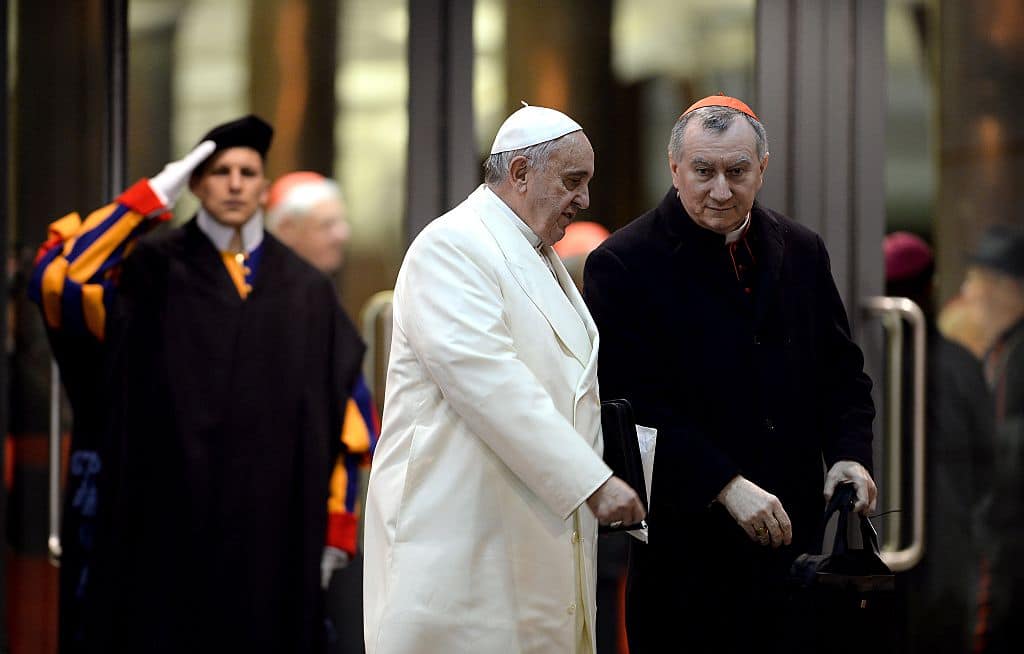Dutch pioneer files EU’s second lab-grown meat application
Mosa Meat says its cell-based beef is already affordable for restaurants.
Mosa Meat has lodged the European Union’s second application for a cultivated or “lab-grown” meat, specifically a cell-based beef fat, as research and development continues to drive down the cost of the novel food, the Dutch food tech company announced Wednesday.
The cultivated fat would be blended with plant-based ingredients to make hamburgers, meatballs, empanadas or bolognese that more closely resemble slaughtered meat in flavor, texture and cooking quality (with a higher melting point that retains juiciness upon frying).
“It’s been a long time in the making,” said CEO Maarten Bosch. Founded in Maastricht in 2016, Mosa has long been a front-runner in the nascent market. Its chief scientific officer, Mark Post, produced the world’s first cultivated beef burger in 2013, a patty that cost €250,000 and was paid for by Google co-founder Sergey Brin.
“We used a lot of very expensive ingredients,” reflected Bosch.
“If we produce now, it’s really at restaurant price level,” he told POLITICO. “Not the fast food joints yet, [though] that’s really within sight: it’s more the normal restaurants.”
Financially speaking, the novel food has sometimes been perceived as a culinary curio at best and dead investment at worst, with the post-2022 disappearance of venture capital cash shuttering many smaller startups. Achieving price parity is therefore seen as crucial to turning the product into a viable alternative to cheap, subsidized meat.
“That’s really what our product does,” said Bosch, though he emphasized that its climate-friendly credentials are just as important. While energy intensity remains a challenge, the fact it needs practically no land or agrochemical inputs and little water makes cultivated beef much more environmentally sustainable than eating farmed cows.
There are a few obstacles, however. Research on cultivating muscle has gone slower than for fat, meaning “we are a bit behind there,” noted the Dutch CEO. Economic volatility doesn’t help the funding space and the EU submission is only the beginning of a one-and-a-half to two-year evaluation.
This consists of a nine-month risk assessment by the European Food Safety Authority followed by a seven-month risk management process in which EU countries ultimately vote by qualified majority (at least 55 percent of countries representing 65 percent of the bloc’s population) on whether to allow the product.
Politics could easily bleed into the process, with Italy and Hungary already having tried to unilaterally ban the novel food over a mix of ideological and farmer-protecting arguments. Possibly for that reason, when French food tech startup Gourmey filed the first EU request last July, it led with cell-based duck for cruelty-free foie gras.
Bosch says he’s unfazed. “It’s easy to complain, but we just have to deal with what is there.”
What's Your Reaction?



























:quality(85):upscale()/2025/01/08/844/n/1922398/cde2aeac677eceef03f2d1.00424146_.jpg)
:quality(85):upscale()/2024/11/27/891/n/1922398/123acea767477facdac4d4.08554212_.jpg)
:quality(85):upscale()/2024/12/02/919/n/1922398/2b4b75f6674e20edcc99c3.42112799_.jpg)
:quality(85):upscale()/2024/10/29/690/n/1922398/e9bec6b46721006258d949.01358236_.jpg)
:quality(85):upscale()/2024/10/10/868/n/1922283/ab92f44867083000877668.26101188_.jpg)












